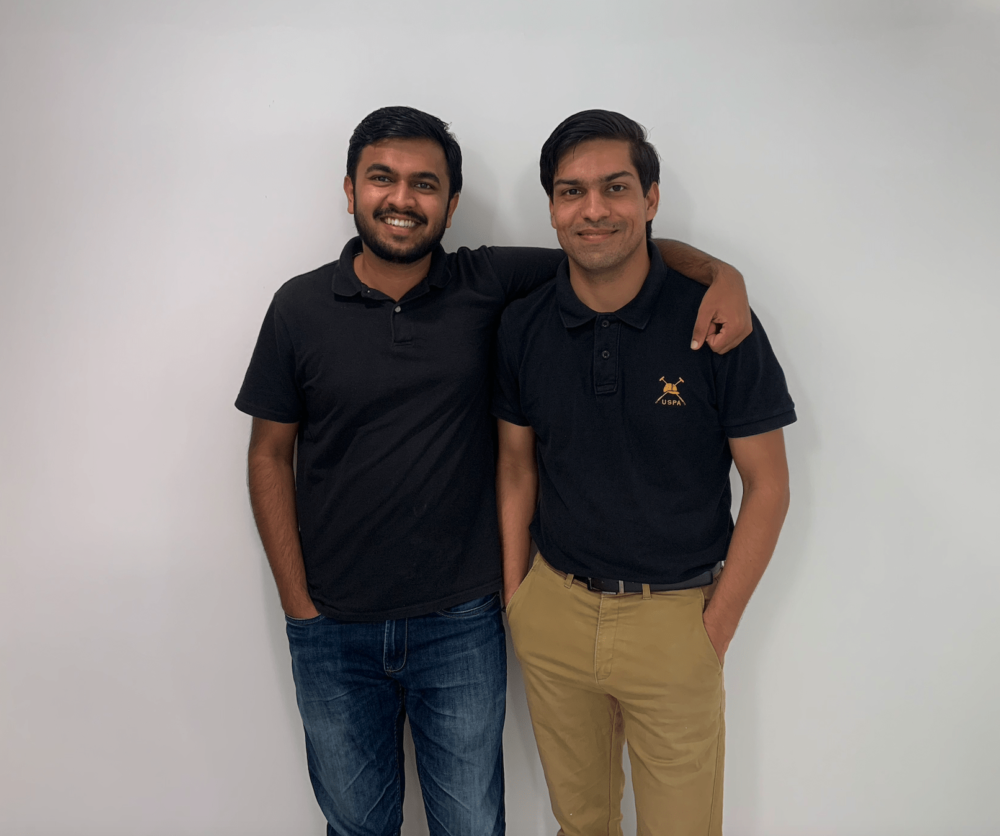Indian insect biotech startup Loopworm has raised $3.4 million in seed funding co-led by Indian agrifood VC Omnivore and WaterBridge Ventures.
Loopworm is the first Indian technology startup to farm insects for animal feed.
Titan Capital and leading angel investors including Godrej Agrovet chairman, Nadir Godrej, former R&D and sustainability group head at Indian conglomerate ITC, Sanjiv Rangrass and Akshay Singhal founder and CEO of Log9 Materials also participated in the round.
The investment is Omnivore’s second investment under its OmniX Bio initiative, which backs early-stage agrifood life science startups.
The funding will be used for talent aquisition, research, and development acceleration, as well as setting up Loopworm’s first factory in North Bangalore to scale-up production.
From waste to protein and micronutrient-rich animal feed
Loopworm grows insects on food waste and processes them into value-added products for the animal feed industry.
The company sources this food waste — which it likes to call “organic byproduct”– from food processors, retail food chains, and fruit markets. Through biochemistry and fermentation, it’s processed to make it suitable for insects, currently the black soldier fly, to breed. The insects are then processed into final feed for shrimp and poultry.
Loopworm’s concept was born when the co-founders Ankit Alok Bagaria and Abhi Gawri met at Enactus, a non-profit organization that promotes social entrepreneurship amongst university students. They both had ambitions to create a social entrepreneurship venture and solve India’s food waste problem, which according to Bagaria, was of utmost importance given the country’s soaring population.
The United Nations Environment Programme estimates that India wastes around 68.7 million tonnes of food per year. The country also produces around 141 million tonnes of crop residue waste, out of which 92 tonnes is simply burnt.
‘Our major concern was that we had a significant amount of food waste in India across the globe as well and there wasn’t much of a meaningful solution, where food waste is actually upcycled. There are solutions like composting, or biogas generation, which actually down cycles the product,” Bagaria tells AFN.
This led them to start projects in paper and plastic upcycling but then they came to another realisation; that food waste was considered a negative value resource.
“If you consider the other types of waste like plastic, paper, aluminium, glass, batteries, e-waste; all of these have markets in themselves. There is a reverse logistics mechanism in place and there are recyclers in place. But when it comes to food waste, people simply want to get it dumped. That was our starting point,” he says.
The two started working on Loopworm in 2019 and started their research with fish and poultry farmers.
Production and market entry
Loopworm has so far been operating on government grants and funding from foundations. It has a pilot breeding and processing facility that churns out 50 kg of insects on a daily basis.
The produce is not for sale yet as Loopworm is doing feed efficacy and formulation testing of its product for different animals in different life stages.
This new round of financing will help them set up a commercial plant, which will be ready to operate by January next year. The startup is targeting full production capacity of 25,000 tonnes per annum.
Over the next five years, the startup aims to produce 300,000 tonnes of sustainable insect-based protein per annum, creating value from 7.5 million tonnes of food waste and agricultural byproducts.
Loopworm will also operate with the B2B model, supplying the proteins or fats to the feed manufacturers and pet food manufacturers who can formulate the food themselves to sell it to farmers and pet owners.
It wants to enter the market in 18 months, selling not only in India but the US and European markets where it expects to find higher demand — and prices.
Regional fundraising
On fundraising, Bagaria notes that it might take longer for some startups to secure funding compared to their counterparts in developed countries where economies are more driven towards sustainability and climate tech.
“People speak about climate tech and sustainability, but their confidence in the solutions as a business is limited. That actually makes the entire fundraising process difficult,” he says.
‘They are very appreciative of all these solutions, because they do understand the value of it, but the funding that is coming in is limited. You need to showcase and demonstrate a proof of concept before you can secure a contract and that is what we have been doing since we started. Once you secure funding then I guess the journey becomes easier because it shows the business works.”
The startup is currently locked in on revenue generation and scaling and will explore the different properties or functionalities of insect-based products that could be say, human consumption in the future.
“Insect-based products are majorly driving sustainability, whereas what I feel is that they should promote health and nutrition first then sustainability as an add-on,” he says.
“Sustainability alone cannot drive insect-based foods for humans because there are a number of choices. You have a lot of plant-based choices, fungus-based choices, and the choices are immense. There has to be a significant health or nutrition benefit that would push this into the human market.”
Some other Indian companies in this niche include Insectifii, Keetup and Freshrooms Lifesciences.
What they’re saying
“Omnivore is delighted to back Loopworm under our OmniX Bio initiative, which seeks to blaze a path forward for agrifood life sciences in India. Loopworm sees massive potential in transforming cultivated insects into value-added nutrients and ingredients, and Omnivore believes the company will quickly become one of India’s leading biotech startups,” said Mark Kahn, Managing Partner at Omnivore.
Ashish Jain, Partner at WaterBridge Ventures commented, “We are excited to see Ankit and Abhi solving for sustainable and scalable food resources which are traceable and hence easier for mainstream adoption. Loopworm, sitting at the cusp of climate-tech and food-tech, has the potential to continue moving up the value chain as its product suite evolves and emerges as a truly scaled player.”





